Emulators changed the iPhone forever
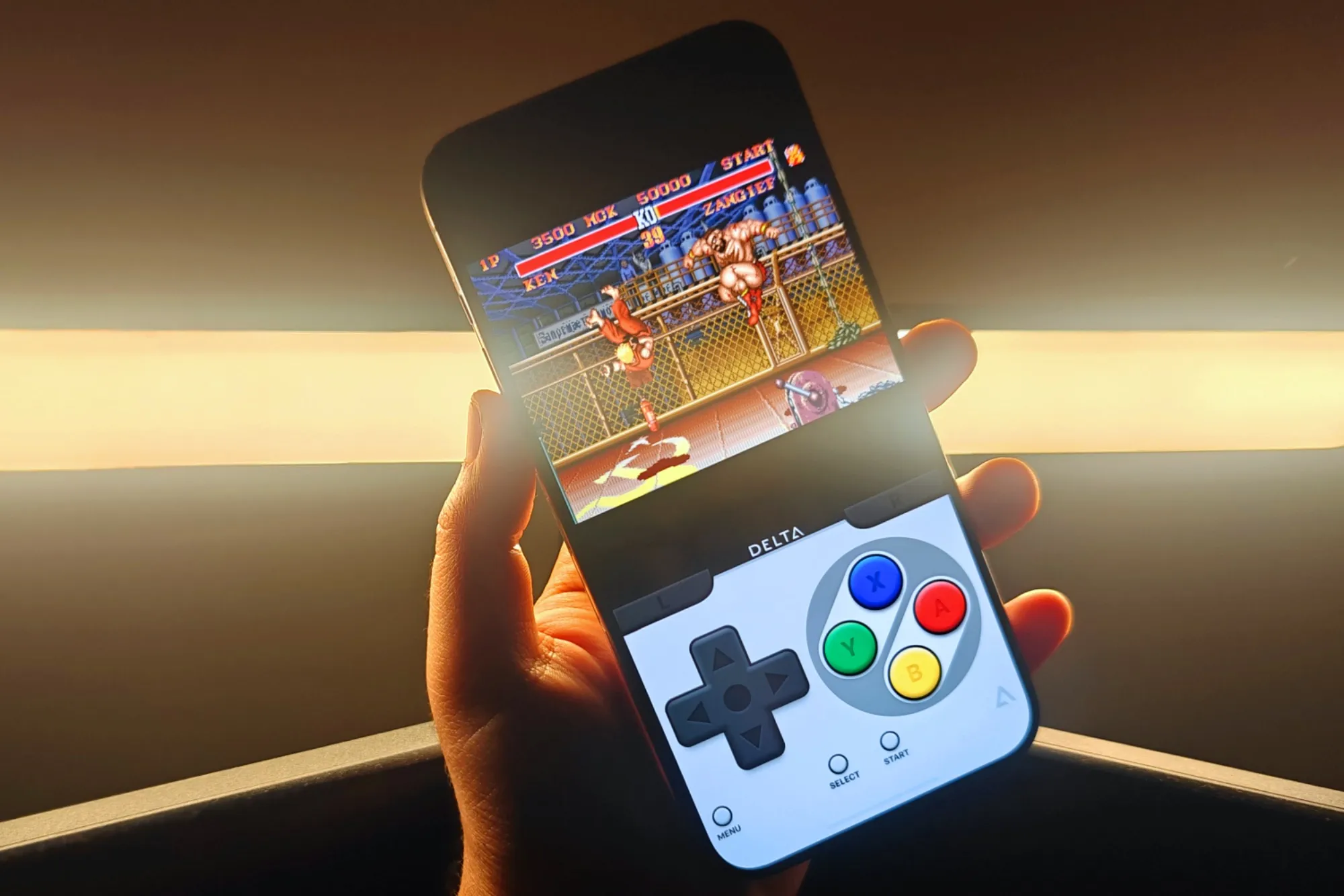
The iPhone app store is finally getting some emulators. For those who aren’t into games, an emulator — is software that allows you to run code from another platform. In this case, we’re talking about emulators that let you play games from retro consoles (like the Game Boy Advance) by taking the code installed on hardware (like a cartridge) and letting you run it through apps on non-native devices (like iPhones and iPads).
We’re talking about emulators that let you play games from retro consoles (like the iPhone and iPad).
Fans seem to have kept their eyes on this landmark development. Shortly after its release, the Delta emulator app climbed to the top of the App Store download charts in 35 countries. An iPad app is already in the pipeline. The momentum continued with the release of the Gamma emulator for PlayStation 1 games. And last week, PPSSPP —arguably the best mobile emulator available
has hit the App Store.
This is a development that makes the iPhone more interesting. There are already some visually stunning games in the App Store — and especially in the Arcade — section. But they don’t evoke the ennui that retro games do. These games — are beautiful recreations of a bygone era. Nostalgia. And there’s no platform broader and more appropriate for that than the iPhone.
And there’s no platform broader and more appropriate for that than the iPhone.
Why now?
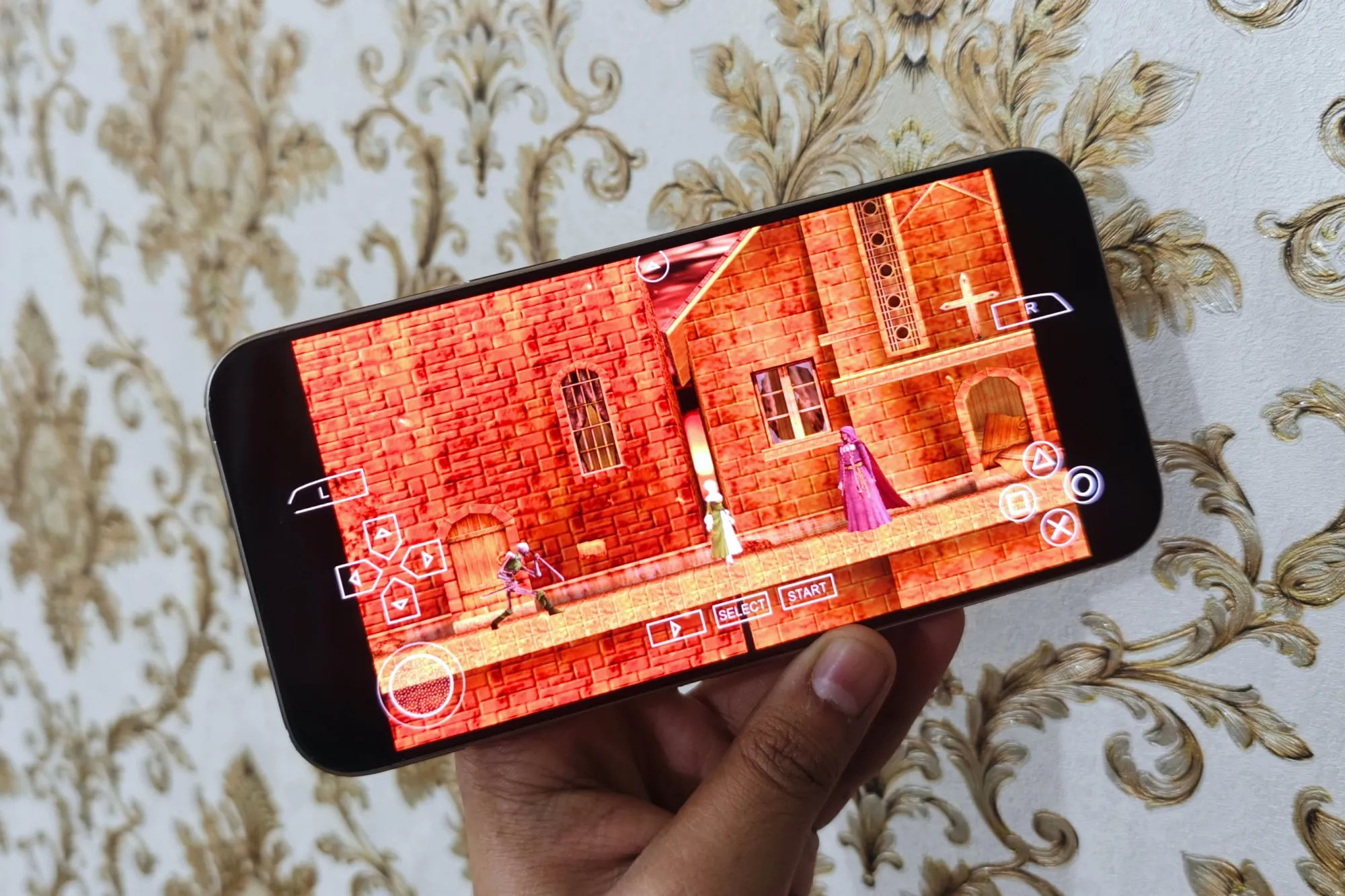
After years of deliberation, Apple has finally embraced the idea of emulators. This comes on the heels of the sweeping changes it made to the iPhone ecosystem following the EU’s review of market rules. There are several reasons why Apple avoided emulators, and the two main obstacles — are legal «gray waters» and fear of the platform.
And the two main obstacles — are legal «gray waters» and fear of the platform.
For example, Nintendo axed Yuzu, an emulator for the Nintendo Switch, accusing it of allowing «piracy on a colossal scale». Yuzu officially claimed that an enthusiast must have the game’s own BIOS — which means you must buy a legal copy from Nintendo — before you can dump the file and play it on your phone or PC.
An enthusiast must have the game’s own BIOS — which means you must buy a legal copy from Nintendo — before you can download the file and play it on your phone or PC.
Yuzu didn’t even release pirated copies of games or sell product keys. But that wasn’t Nintendo’s argument in the lawsuit. After the $2.4 million settlement, several developers abandoned such projects.
Yuzu’s lawsuit was dismissed by Nintendo.
But the point of the case is clear. Nintendo doesn’t want any other party to profit at the expense of its own gaming operations. Now let’s turn our attention to Apple. The company doesn’t really like the «app within an app» formula. It’s also one of the key reasons why Apple has fought hard against cloud-based game-streaming apps like Microsoft’s Xbox appearing in the App Store.
It’s also one of the key reasons why Apple has fought hard against cloud-based game-streaming apps like Microsoft’s Xbox appearing in the App Store.
Why. Cloud games run on a server, which means you don’t need the latest fire-breathing silicon and insulated hardware to play them. Even regulators are taking the same view. In Apple’s own words, it fears a world in which «everything depends on who has the cheapest hardware» and consumers can «buy Android for 25 bucks at a garage sale and … have a robust cloud computing device» that «works fine» — according to the U.S. Department of Justice’s lawsuit against Apple.
And consumers can «buy Android for 25 bucks at a garage sale and … have a robust cloud computing device» that «works just fine» — according to the U.S. Department of Justice’s lawsuit against Apple.
It’s not just about games
.
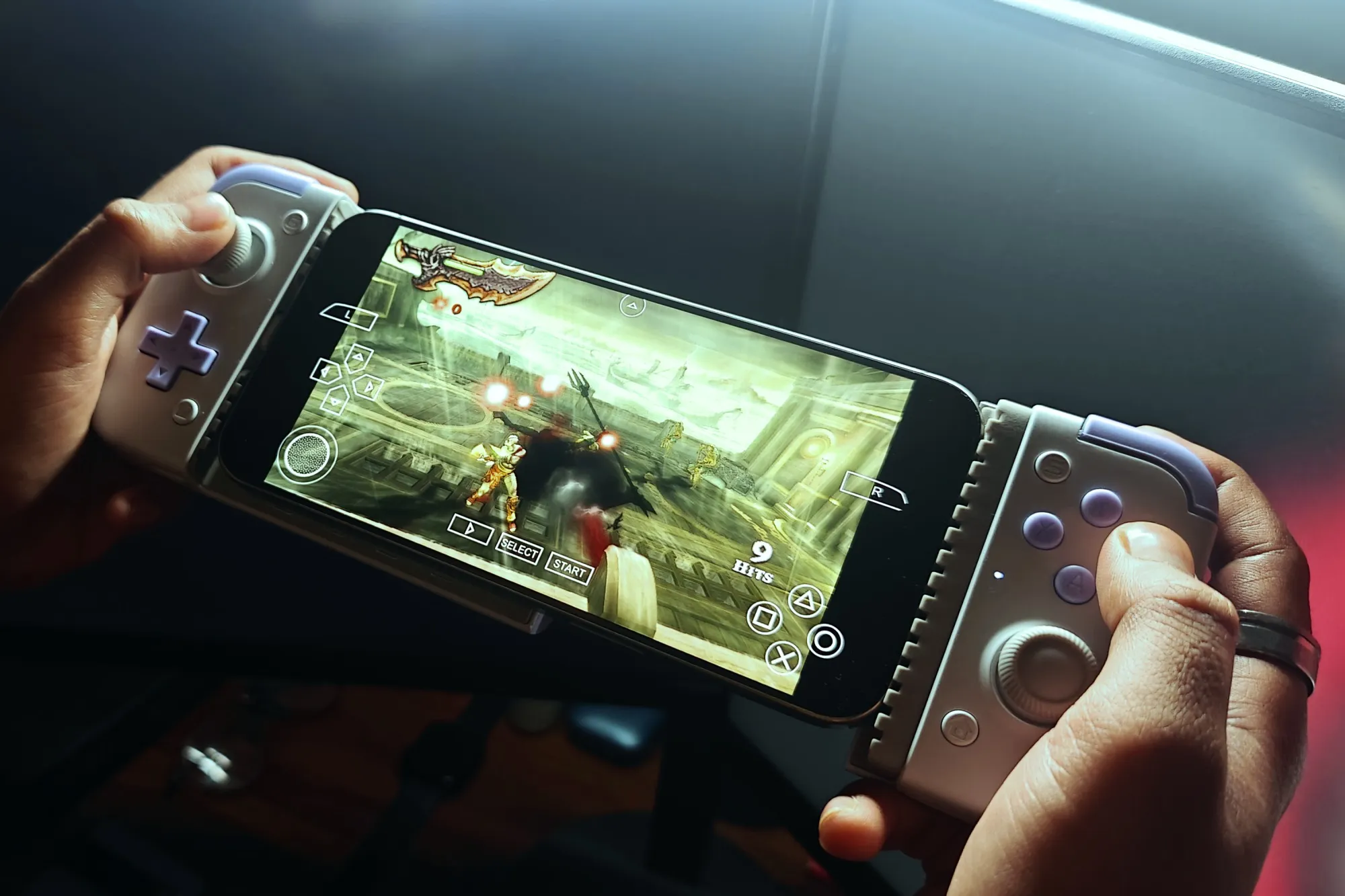
Of course, Apple should be afraid that Nintendo might knock on its door for allowing apps (read — emulators) that infringe on the copyrights of its proprietary software.
Apple should be afraid that Nintendo might knock on its door for allowing apps (read — emulators) that infringe on the copyrights of its proprietary software.
Well, attitudes towards emulators have softened, at least on Apple’s part. And so far, neither Nintendo nor Sony has filed lawsuits against emulators designed for games released for retro consoles that are no longer officially sold.
And so far, neither Nintendo nor Sony has filed lawsuits against emulators designed for games released for retro consoles that are no longer officially sold.
And so far, neither Nintendo nor Sony has filed lawsuits against emulators designed for games released for retro consoles that are no longer officially sold.
A key aspect of emulation is the preservation of retro games. Games that are no longer officially sold and have been gone for years and decades are being revived and given a new platform to run on. Many preservation advocates and retro game enthusiasts believe that emulation — is a great way to preserve old games that are at risk of being lost forever.
The key aspect of emulation is the preservation of retro games.
This is no small matter. In 2023, the Video Game History Foundation and the Software Preservation Network reported that about 87% of classic games were gone forever. That’s a huge chunk of gaming history lost in the streams of time.
A huge chunk of gaming history lost in the streams of time.
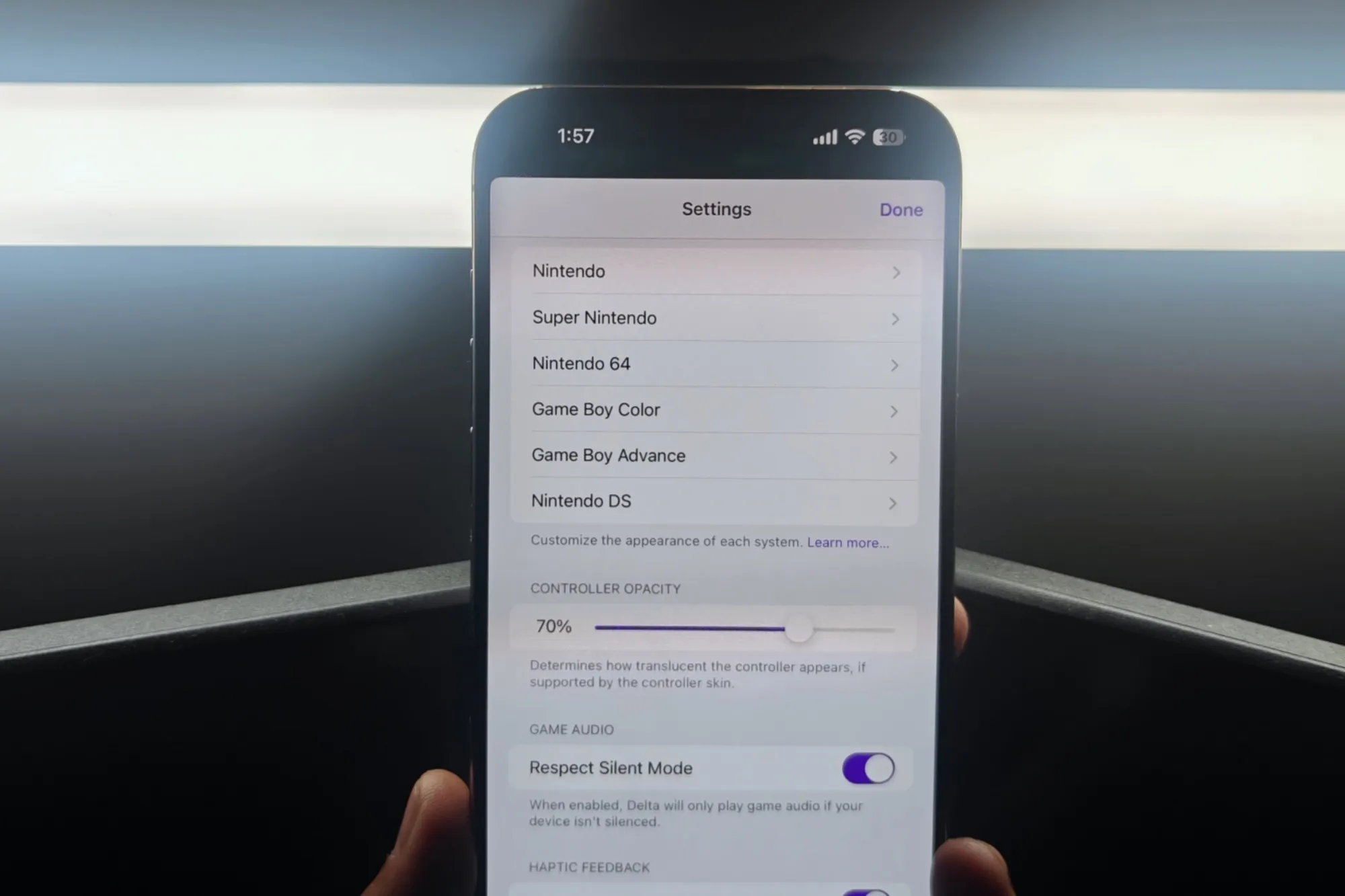
But Apple’s laid-back attitude could breathe new life into this effort, and we’re all for it. In fact, the kind of power you’d get even on a multi-generation iPhone would still be enough to run just about any retro game emulator without a single glitch. It’s a lucrative incentive for developers.
And it’s a lucrative incentive for developers.
Microsoft, which has committed to keeping games on the Xbox platform, will be thrilled with this development. Of course, Microsoft wouldn’t mind making money from it either. But for casual fans of retro games, the arrival of game emulators —s great news and a sign that Apple has loosened its grip on the right direction for once.
Microsoft’s commitment to preserving games on the Xbox platform will be a big one.
Hopefully this trend will continue
.
The emergence of emulators — a sign of another massive shift in company policy. Apple is technically allowing you to get program code created for another platform, load it into an app, and then enjoy it on your iPhone. That sounds about the same as allowing the iPhone to run programs not obtained from the App Store. Has the «walled garden» finally let its guard down?”
Has the «walled garden» finally let its guard down?
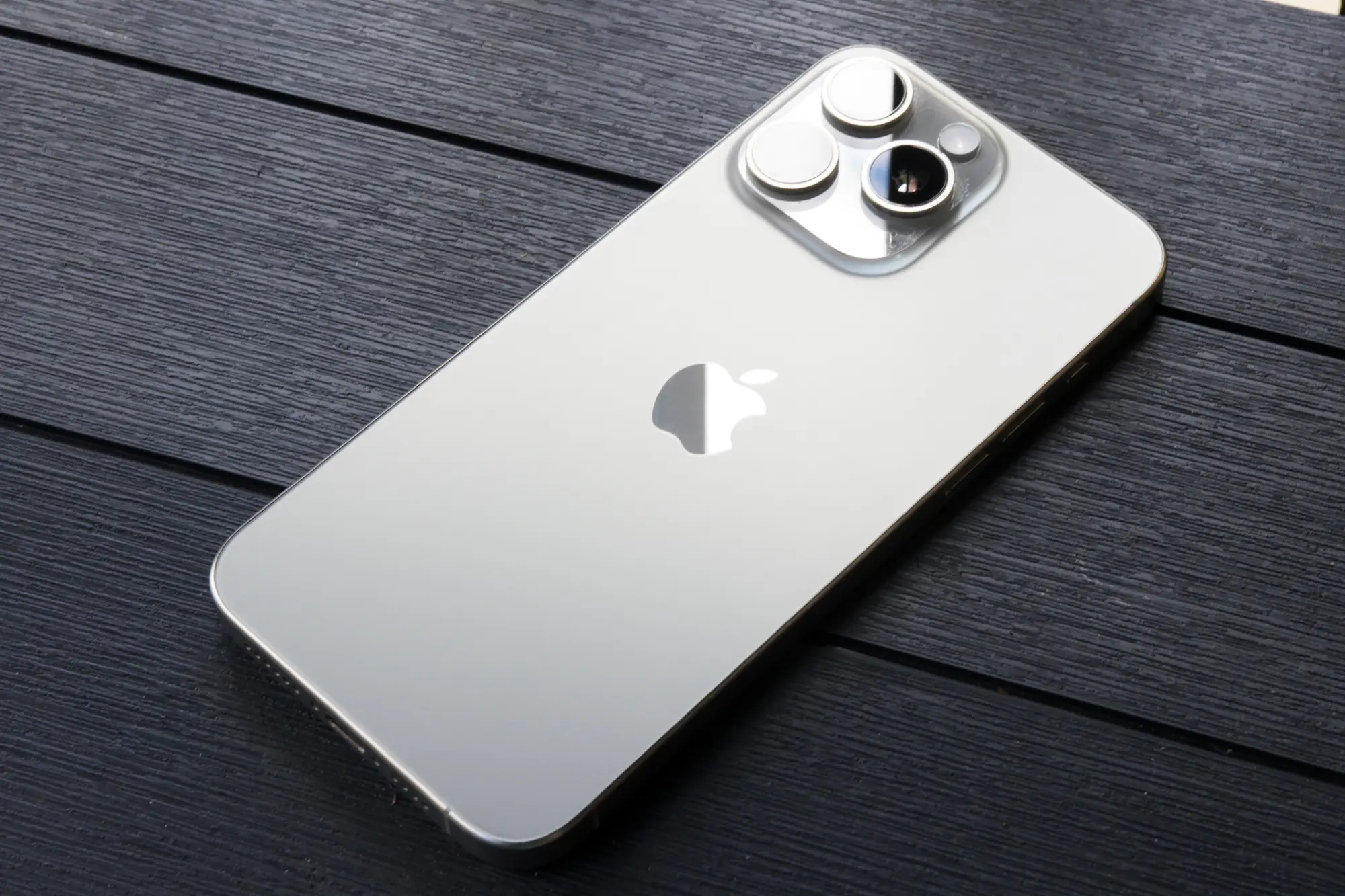
The ability to install default apps, play «picture-in-picture» video, customize home screen widgets, lock screen settings, have password-protected browser tabs and access offline maps — a sign that Apple is slowly adopting a couple of practices from Android.
An indication that Apple is slowly adopting a couple of practices from Android.
Side-loading and the expansion of app payment practices in Europe this year — a sign of the growing «openness» of Apple’s ecosystem. In retrospect, it’s almost unprecedented. Game emulators have been in the first wave of this change, which is global in scope.
At the same time, Apple’s game emulators have been in the first wave of this change, which is global in scope.
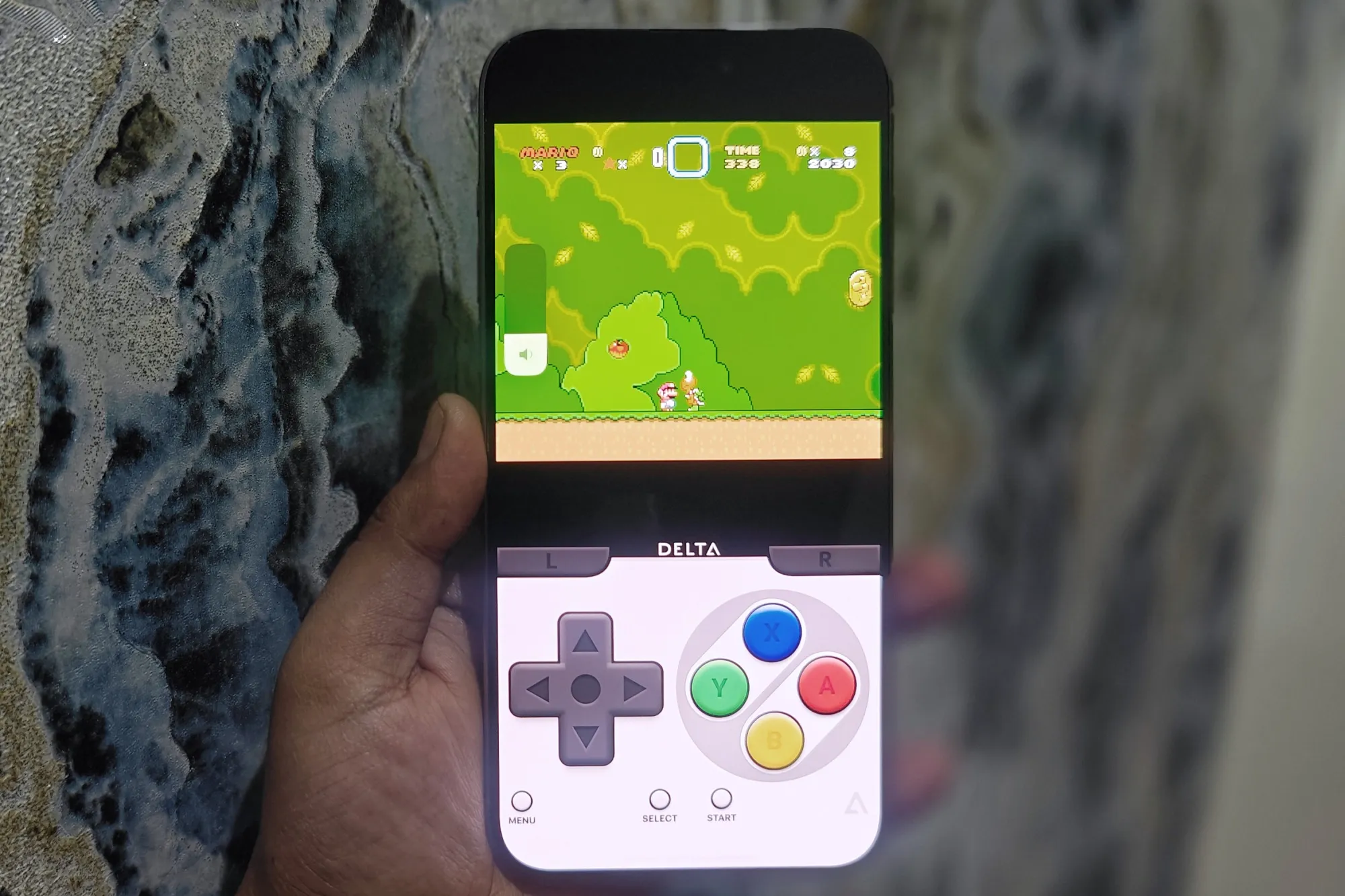
This is a great way to make a small concession, especially since it’s crucial to keeping games alive. But at the end of the day, this is Apple. Hopefully the precedent set by the adoption of emulators will continue and encourage more freedom for iPhone users in the years to come.
Hopefully the precedent set by the adoption of emulators will continue and encourage more freedom for iPhone users in the years to come.

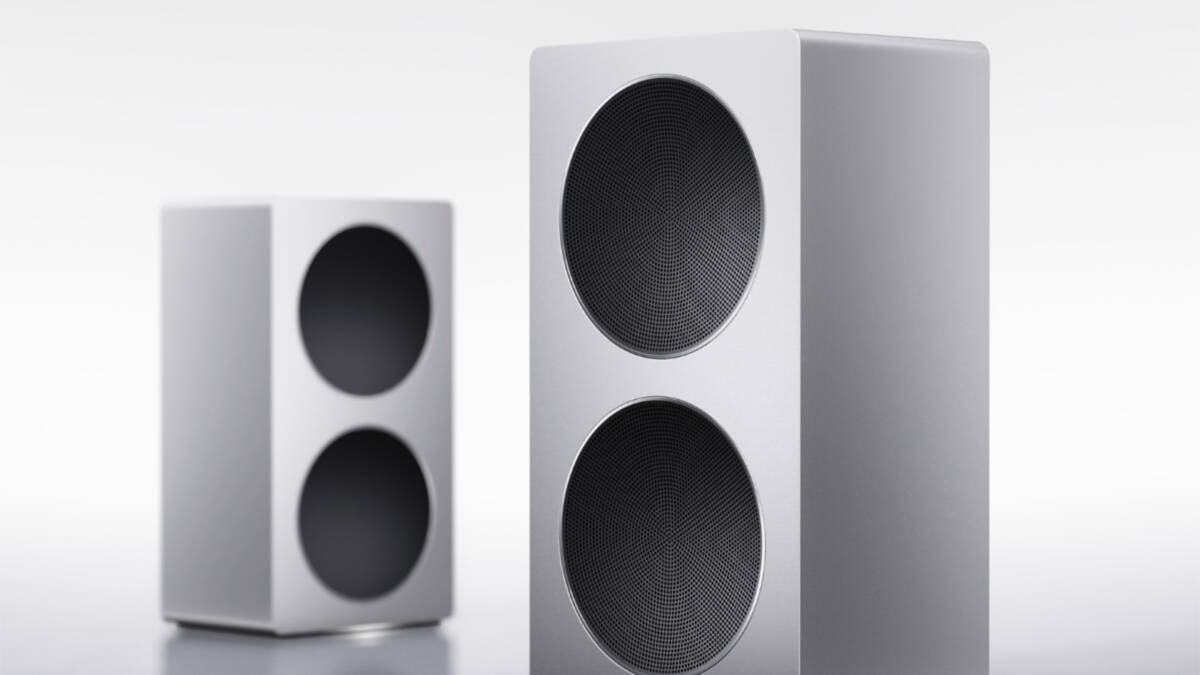
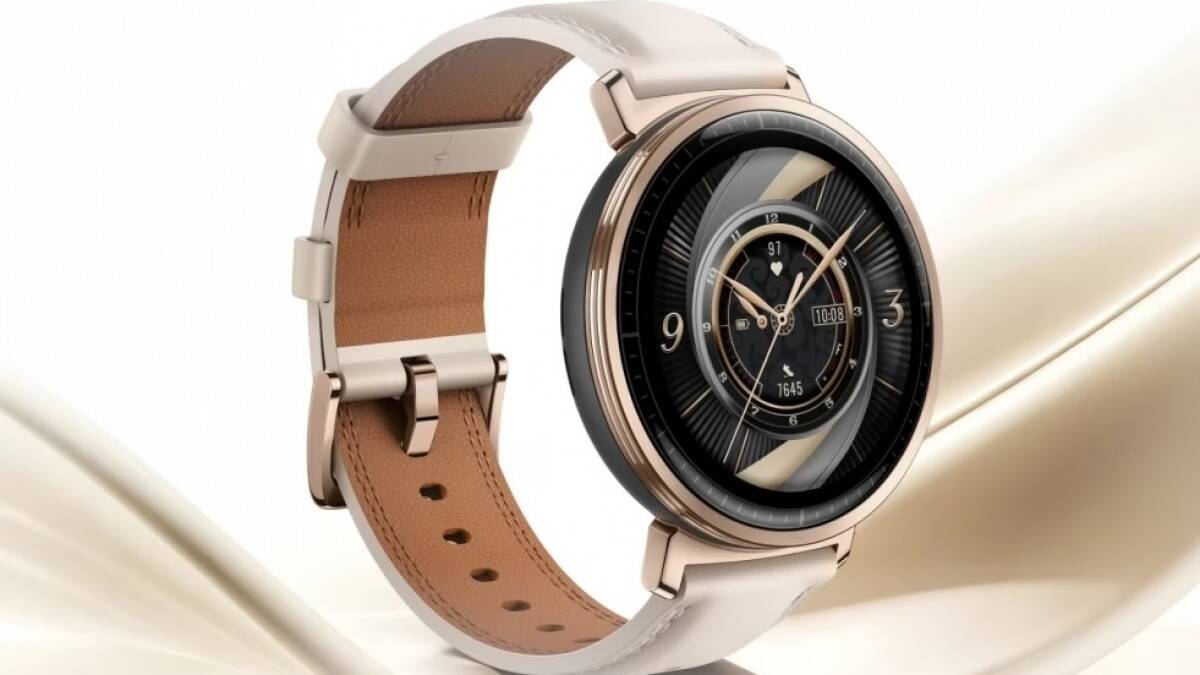

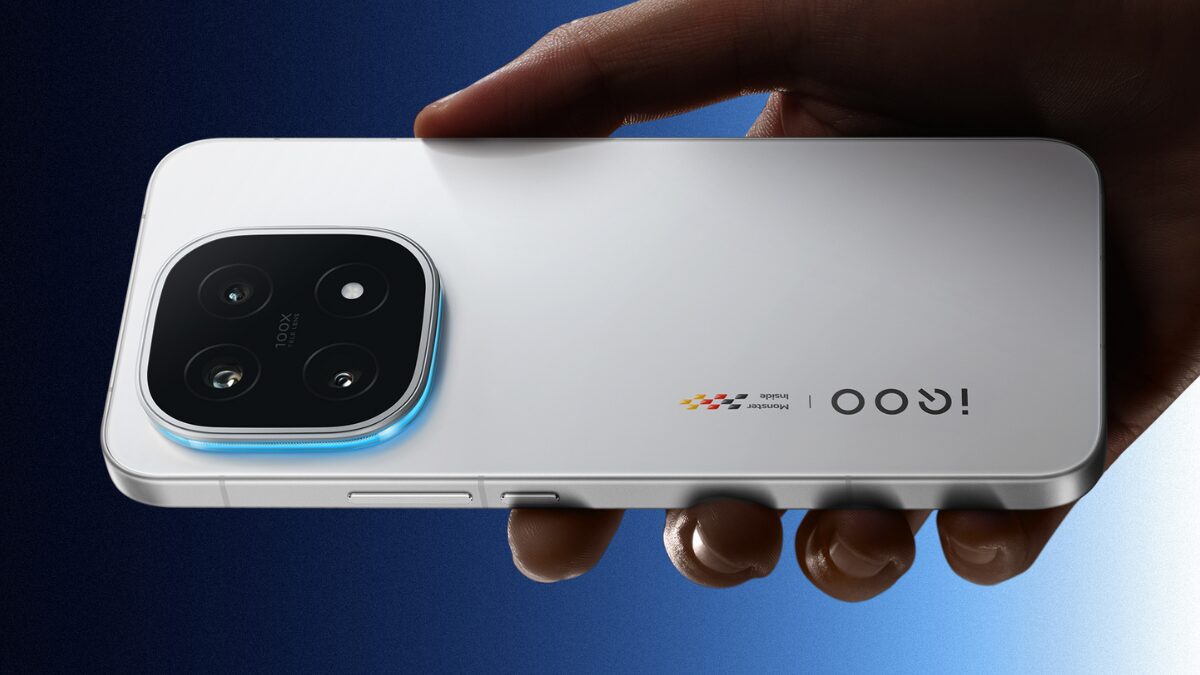

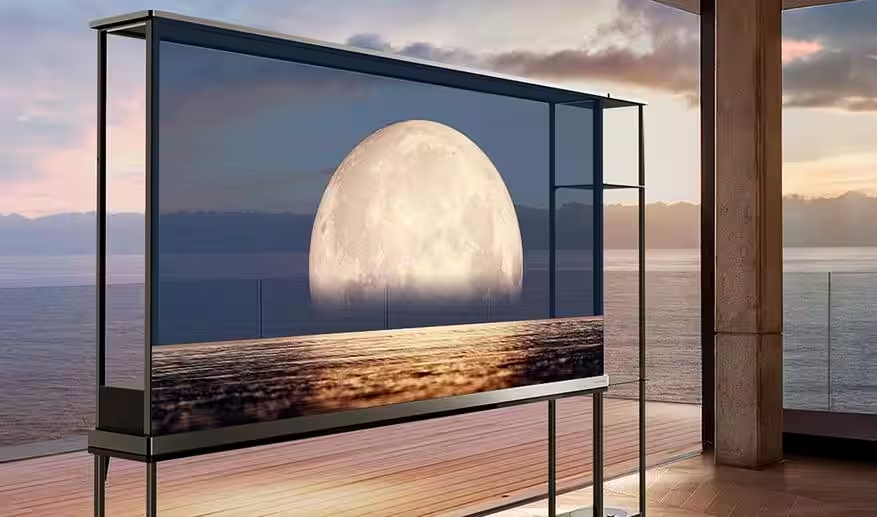
![Outcomes 2025: the memory crisis, agent-based AI and the failure of ultra-thin smartphones + [bonus] ForGeeks Podcast Outcomes 2025: the memory crisis, agent-based AI and the failure of ultra-thin smartphones + [bonus] ForGeeks Podcast](https://forgeeks.pro/wp-content/uploads/2025/12/exkwmm9t33zyr1hfbeeq.avif)
